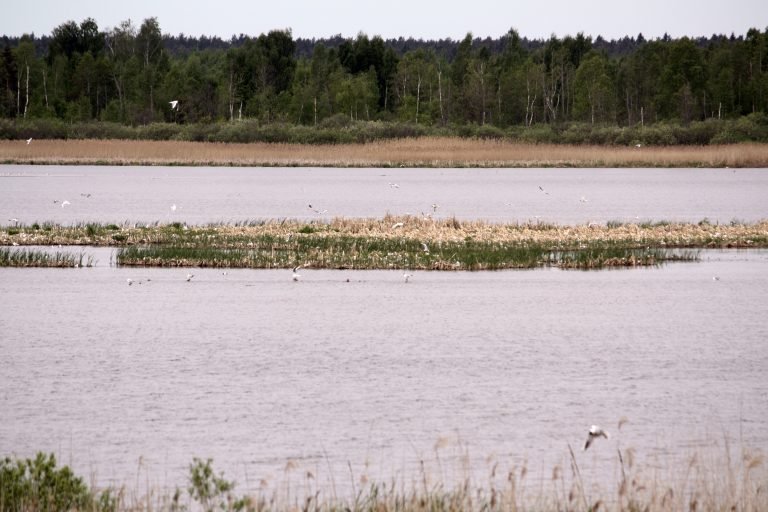Main Expected Outcomes

- Natura 2000 network is fully completed. All shortcomings of the network are solved by completing necessary studies, establishing new sites or revising the existing sites.
- SMART conservation objectives for Natura 2000 are agreed at national and site level and supported by defined favourable reference values.
- Necessary conservation measures (incl. management plans or equivalent planning documents) for all Natura 2000 sites are in place and allow for robust progress in species and habitats conservation status.
- Appropriate level of Natura 2000 management capacities of competent authorities (incl. on systematic surveillance of conservation status of species and habitats) is assured.
- Forest management planning fully respects and involves Natura 2000 conservation aspects as standard part of its process.
- Rural Development Programme involves necessary variety of specific biodiversity support measures (incl. for restoration of habitats and pastoralism as a viable maintenance scheme).
- The multiple socio-economic benefits of Natura 2000 network are assessed, highlighted and taken into account in public administration decision-making processes.
Expected changes in conservation status of species and habitats
- Improvement of the conservation status of at least 19 species of Community interest (19% of all species nationally reported).
- Positive changes in the conservation status of at least 18 habitat types of Community interest (33% of all habitat types nationally reported under Article 17 of the Habitats Directive).
- Improvement of population trends of at least 32 bird species (11% of all bird species reported under Article 12 of the Birds Directive).



The project “Optimizing the management of Natura 2000 network in Lithuania” (LIFE IP PAF-NATURALIT), No. LIFE16 IPE/LT/016 is financed by the EU LIFE Programme and the Republic of Lithuania. Webpage authors take full responsibility for the content of this website. It does not necessarily reflect the opinion of European Commission.
